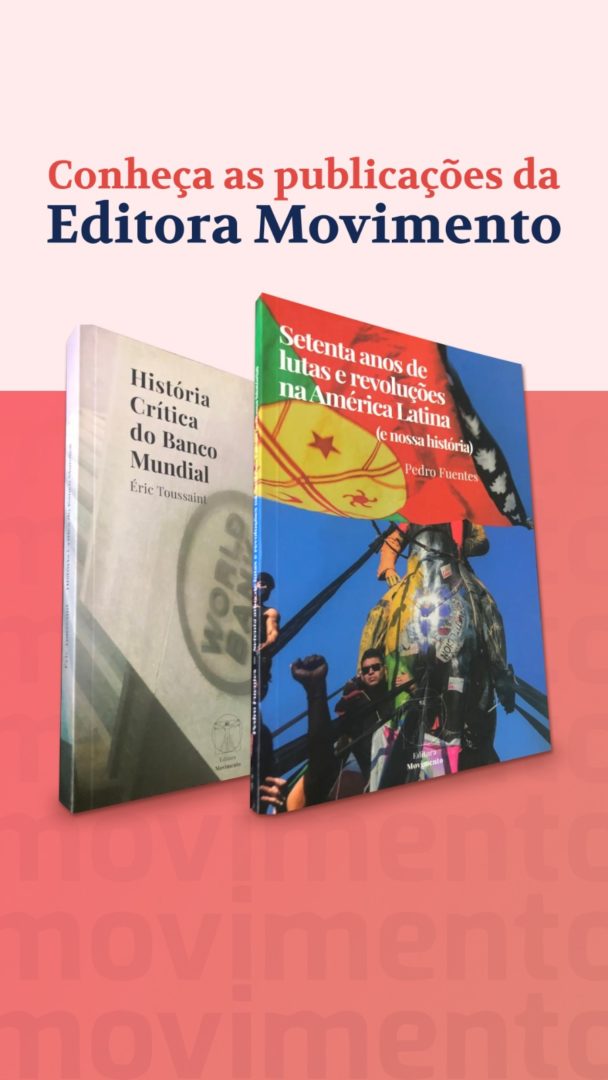MES/PSOL participates in the Congress of the Polish party Razem
Congress of the Polish Razem party brought together in Warsaw several European organizations in solidarity with the Ukrainian resistance.
The Congress of the Polish Razem (Together) Party took place in Warsaw June 17-20, with international activities being very prominent. The international delegation was composed of more than 15 organizations representing Ukraine, Hungary, Romania, Czech Rep., Finland, Sweden, Denmark, Switzerland, France, England, and Turkey, as well as Brazil. Also present were international networks such as the European Network of Solidarity with Ukraine and the pro-Palestinian movement BDS.
The Brazilian representation stood out as the only organization from Latin America and the global South. With the beginning of the war in Ukraine and the vacillating position taken by an important part of the left in Western Europe and Latin America (which expressed itself mainly against the sending of arms to the Ukrainian resistance), the presence of the MES/PSOL was very much recognized for our principled position in support of Ukrainian self-determination and for the effort we made to be at the event.
The Razem
The Razem is the main party of the Polish left and its positions have already been analyzed here. It was founded by young people influenced by the Spanish Podemos and other new parties that emerged in the wake of and as a response to the crisis of social democracy and Stalinism. Its composition is of young people critical of the system and its major highlight was the fight for abortion rights and civil rights for women and the LGBTQI community. They have 6 national MPs in a coalition in which the New Left Social Democracy has another 38, forming a bloc of 44 MPs (The Left) which holds around 10% of the Sejm (the Polish Chamber of Deputies, with more than 400 MPs).
Could one say that it is a Polish Podemos that has not reached the government? It would be an oversimplified analogy, but it is worth starting with it. Since Poland did not have the rise of 2104 of Spain, then the start was much smaller. Poland, moreover, had a contradictory and relative progress in material conditions after it joined the European Union. In 2004, unemployment was over 20%, and now it is no more than 5%. But this reduction was mainly the result of immigration, which led about 2 million young people to work in the richest countries in Europe and send remittances of Euros to their families, since Poland kept the Zloty, its devalued national currency. Moreover, in this migration wave these young people learned languages and returned to Poland more qualified.
European Union funds also enabled investments in construction and transportation. The political bases for a reformist ideology increased. In this framework, the programmatic formulas of the Razem, although they are not centered on the anti-capitalist struggle nor do they constitute a transitional program, are very advanced and raise issues that cannot be resolved within the framework of capital. And they do this programmatic defense in a tremendously professional way, as was evident in the opening press conference of the Congress.
The decisive problem with the analogy with Podemos for the interpretation of the political phenomenon of Razem is in its political position in defense of Ukraine and for the defeat of Russian imperialism. This position led to a traumatic break between Razem and all these parties linked to the Progressive International, breaking the point of identity and changing the axis of their ties, which turned to solidarity with Ukraine and relationships with the countries of Eastern Europe and Northern Europe, without losing sight of the importance of the relationship with Western Europe, the US and Latin America. In this sense, Razem is also a response to the 2008 crisis and its effects, which intensified the understanding of the importance of international articulations.
The Congress
The Congress had an important part dedicated to international events that were followed by the Polish media, with debates on the imperialist question and on the European left. The diversity of experiences
It is also important to highlight the intervention of Ukrainian Zakhar Popovic indicating the importance of the IV International in the construction among the countries present, but also pointing out the need for new international constructions. His group, the Sotsialny Rukh, is in dialogue with the IV International and Zakhar himself will be in Brazil at the end of July.
On the second day of the congress there was a very professional, TV-oriented press activity, which presented points of the Razem’s program and in which the parliamentarians were highlighted. After the event there was the opening of the congress, in which there was again a lot of reference to the international delegations and representations from allies like the New Left Social Democracy and the OPZZ (a trade union center from the former People’s Poland). The second half of the second day and the third were internal debates.
International contacts
This international work of Razem, under the coordination of the competent Sofia Malisz (who has already lived in Brazil) allowed important actions for the organizations present. The main one was the deepening of ties with the Ukrainian Sotsialny Rukh, the main group of the Ukrainian Marxist left today. In addition, we highlight the Hungarian Szikra, a recent group led by young people, and the Romanian Demos, very interested in debating with us about the semi-peripheral characteristics common between Brazil and Romania, among others.
They are mostly political groups founded in the last 2 or 3 years, that have no experience in party building, but are very serious, competent and open to the positions of Marxism and Trotskyism. Also present in the international section was comrade Marcin Kowalevski, a historic militant of the IV who was a regional leader of the Solidarity trade union and who today does not have any national organization, but who is well known in intellectual circles and who collaborated with the last issue of Revista Movimento. Kowalevski is a Russian reader and is working on a series of archives on the history of the Bolshevik Party still unpublished in the West.
The Congress had a historical element in that it served as a starting point for new compositions among the East European left, which has much to say about Russian imperialism and seeks to be heard in the face of the new world situation. From Brazil and Latin America, we from MES/PSOL are great enthusiasts of this process.






















































